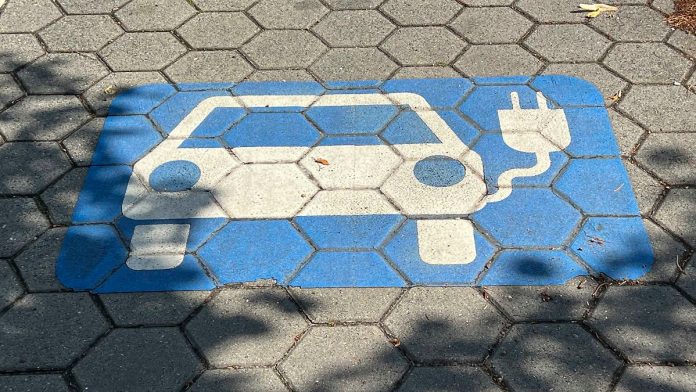Tax relief planned
Habeck announces new e-car incentives
With the abrupt end of the environmental bonus, sales of electric cars in this country have collapsed. Now the federal government apparently wants to counteract this and boost sales. The crisis at Volkswagen may have influenced the decision.
In view of the sluggish sales in Germany, Economics Minister Robert Habeck has announced new tax breaks for electric cars. “We are currently preparing further tax breaks for electric cars as part of the growth initiative,” explained the Green politician. Sources in the Ministry of Economics said that the cabinet wanted to discuss this as early as tomorrow, Wednesday. “The automotive industry is a cornerstone of Germany as an industrial location and it should stay that way.” The major automobile manufacturers and their suppliers are good employers for tens of thousands of employees, engines of prosperity in regions across the country and drivers of innovation across industry boundaries.
Regarding the situation at Germany's largest car manufacturer, Volkswagen, the Economics Minister explained that “business decisions such as those currently on the table” must be “made in the spirit of this responsibility.” He called on VW to make decisions in close coordination with the social partners.
The core brand VW had announced a tougher austerity plan the day before after a management meeting and no longer ruled out plant closures and redundancies. CEO Oliver Blume cited the difficult situation on the European car market and the deteriorating competitiveness of German production sites as reasons.
“The Union has little understanding of sustainability”
Habeck explained that the transformation efforts for the automotive industry are “currently enormous”. German car manufacturers have to keep up with global competition. “Long-term planning security is also a decisive location factor” – as created by the EU requirement that only CO2-neutral vehicles may be newly registered from 2035.
“Anyone who advocates the withdrawal of the ban, like Friedrich Merz and Markus Söder, is squandering reliability and showing that they have little understanding of sustainability,” criticized Habeck, referring to the heads of the CDU and CSU. A zigzag course is poison and is already leading to massive uncertainty when it comes to investments in the value chain. “The only one who will be happy is China, which is continuing to expand its technological development.”
The federal government has massively promoted e-mobility for many years. “We will continue to support the transformation with measures on the demand and supply side,” promised Habeck.
E-car registrations collapse
New registrations for electric cars in Germany have been declining for months – in July, almost 30,100 electric cars were newly registered, over a third less than in the same month last year. The market share of pure electric cars was thus just under 13 percent.
One reason is that public subsidies for electric car purchases expired last year. The traffic light coalition completely unexpectedly canceled the environmental bonus practically overnight. This had previously amounted to 4,500 euros for a net list price of the basic car model of 40,000 euros and 3,000 euros for a net list price of over 40,000 euros up to 65,000 euros.
Until then, state subsidies for the purchase of climate-friendly electric cars had been financed from the Climate and Transformation Fund (KTF). However, the Federal Constitutional Court had withdrawn 60 billion euros from the KTF. According to ministry information, a total of around 10 billion euros had been paid out since 2016 as part of the environmental bonus for around 2.1 million electric vehicles.
Other reasons for the currently sluggish sales are the high prices. The fact that there are increasing calls from politicians for a move away from the end of combustion engines in 2035 is causing additional uncertainty among consumers.


